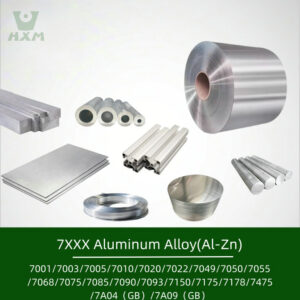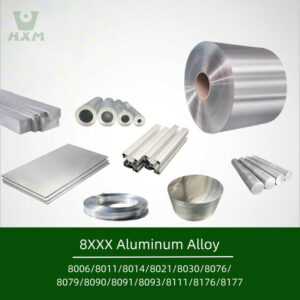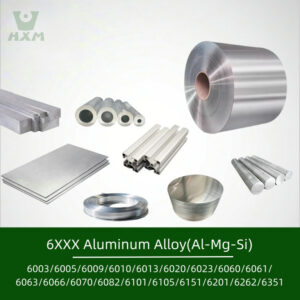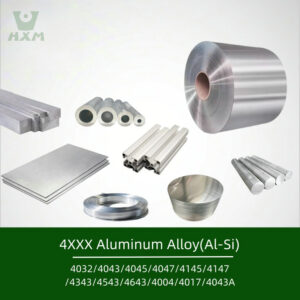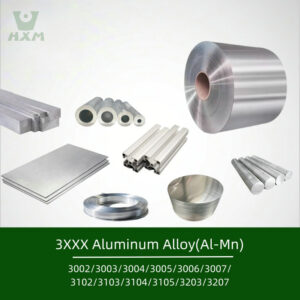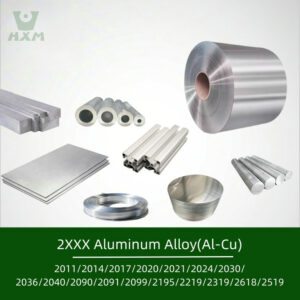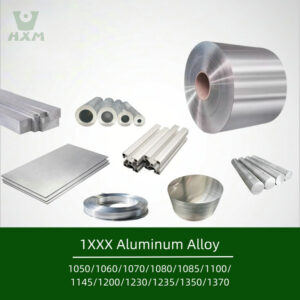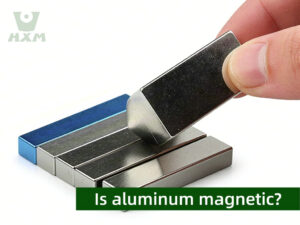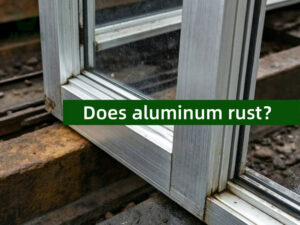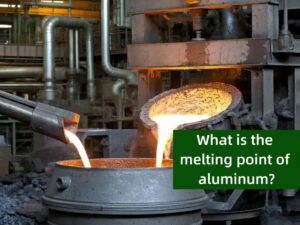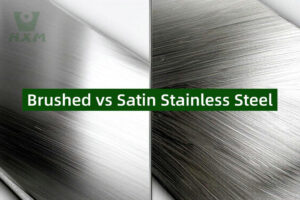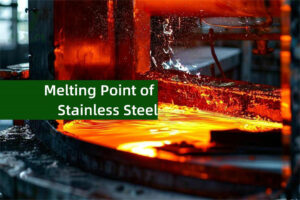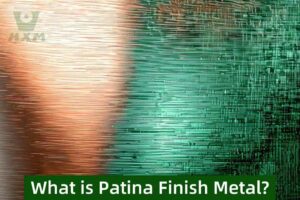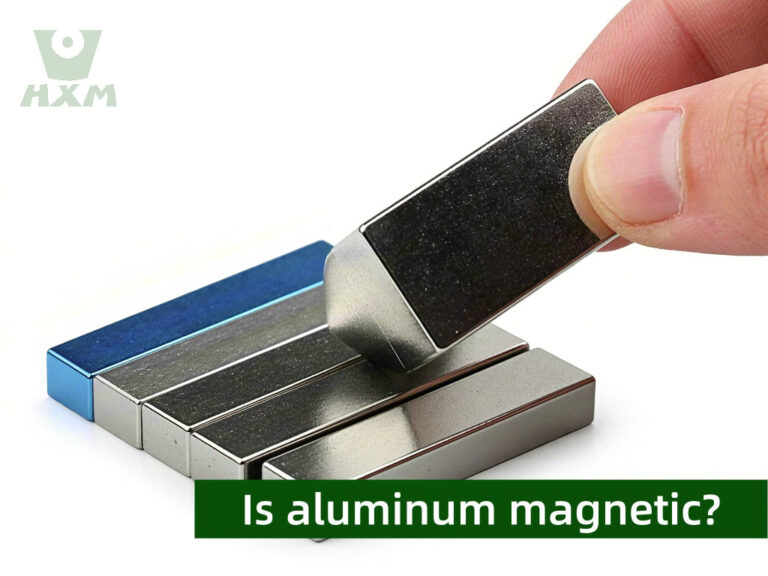
Aluminum is one of the most widely used metals in manufacturing, construction, and electronics. But a common question arises: Is aluminum magnetic? This article dives into the scientific principles behind aluminum’s magnetic properties, its industrial applications, and why Huaxiao-Alloy—a leading aluminum alloy supplier and manufacturer—is the ideal partner for your non-magnetic material needs.
1. The Science of Magnetism in Aluminum
Understanding Magnetic Properties
Magnetism depends on a material’s atomic structure. Materials are classified into three categories:
- Ferromagnetic: Strongly attracted to magnets (e.g., iron, nickel).
- Paramagnetic: Weakly attracted (e.g., aluminum, platinum).
- Diamagnetic: Repelled by magnets (e.g., copper, gold).
Aluminum falls under paramagnetic materials. While it does interact with magnetic fields, its magnetic susceptibility is extremely low (χ ≈ +2.2×10⁻⁵), making it practically non-magnetic in everyday applications.
Why Isn’t Aluminum Magnetic?
- Electron Configuration: Aluminum has unpaired electrons, but its crystalline structure prevents strong magnetic alignment.
- Lack of Ferromagnetic Domains: Unlike iron, aluminum lacks domains that sustain magnetization.
- Eddy Currents: When exposed to alternating magnetic fields, aluminum generates eddy currents that oppose the field—a property exploited in electromagnetic shielding.
2. Aluminum vs. Other Metals: Magnetic Comparison
To contextualize aluminum’s magnetic behavior, here’s a comparison table:
| Metal | Magnetic Classification | Susceptibility (χ) | Common Uses |
|---|---|---|---|
| Aluminum | Paramagnetic | +2.2×10⁻⁵ | Aerospace, electronics, packaging |
| Iron | Ferromagnetic | +200 | Motors, transformers, construction |
| Copper | Diamagnetic | -1.0×10⁻⁵ | Electrical wiring, plumbing |
| Stainless Steel (300 Series) | Non-magnetic | ~0 | Medical devices, marine hardware |
Aluminum’s near-zero magnetism makes it ideal for applications requiring minimal electromagnetic interference (EMI).
3. Why Non-Magnetic Aluminum Matters in Industry
Key Applications of Non-Magnetic Aluminum Alloys
Aerospace & Aviation:
- Lightweight components for aircraft and satellites.
- Reduces interference with navigation systems.
- Huaxiao-Alloy supplies high-strength 7075 and 6061 alloys for critical aerospace parts.
Electronics & Electrical Systems:
- Shielding for circuits and cables.
- Heat sinks in devices like laptops and LED lights.
- As a premier aluminum manufacturer, Huaxiao-Alloy provides custom extruded profiles for EMI-sensitive applications.
Medical Equipment:
- MRI machine components.
- Surgical tools requiring non-reactive materials.
Marine & Automotive:
- Corrosion-resistant parts for ships and electric vehicles.
4. Huaxiao-Alloy: Your Trusted Aluminum Solutions Provider
As a global aluminum alloy supplier and manufacturer, Huaxiao-Alloy delivers tailored solutions for industries demanding precision and reliability. Our expertise includes:
| Service | Description |
|---|---|
| Custom Alloy Design | Develop alloys with specific magnetic, thermal, or mechanical properties. |
| Precision Machining | CNC machining for aerospace, automotive, and industrial components. |
| Surface Treatment | Anodizing, powder coating, and polishing for enhanced durability. |
| Bulk Supply | High-volume orders of sheets, rods, tubes, and extruded profiles. |
Why Choose Huaxiao-Alloy?
- ISO 9001-certified production facilities.
- 15+ years of industry experience.
- Competitive pricing for OEMs and distributors.
No. Pure aluminum is paramagnetic but interacts so weakly with magnetic fields that it’s considered non-magnetic for practical purposes.
Most aluminum alloys retain non-magnetic properties. However, trace elements (e.g., iron) may slightly increase susceptibility. Huaxiao-Alloy’s proprietary alloys ensure <0.1% iron content for optimal performance.
Aluminum is lighter, more corrosion-resistant, and easier to machine. For non-magnetic applications, 300-series stainless steel is an alternative but is heavier and costlier.
Place a strong neodymium magnet near the material. If there’s no attraction, the aluminum is non-magnetic.
Huaxiao-Alloy, a leading aluminum supplier, offers certified non-magnetic alloys for electronics, medical, and aerospace sectors. for quotes.

